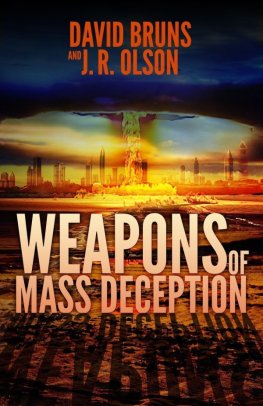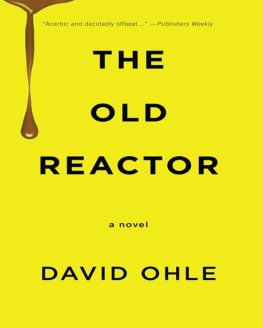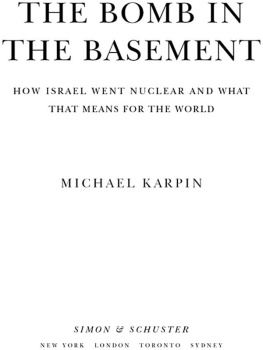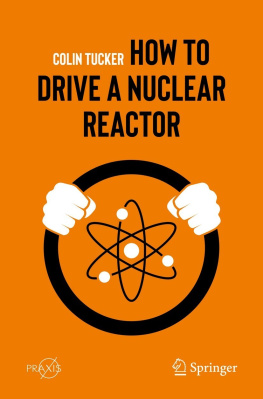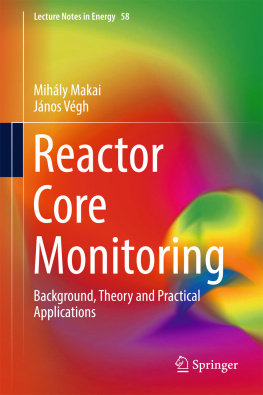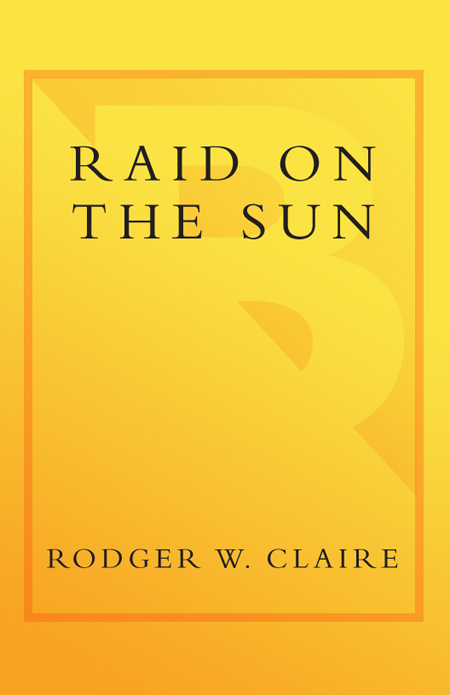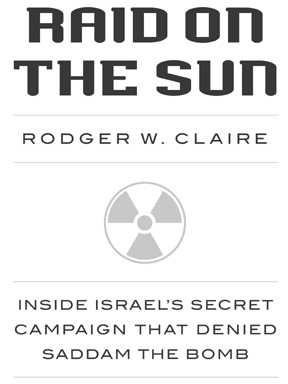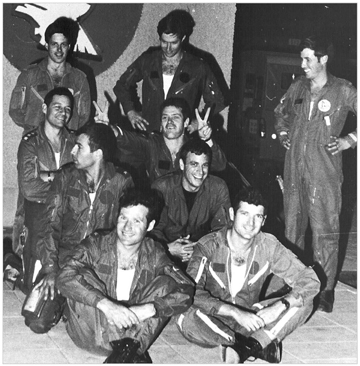Rodger W. Claire - Raid on the Sun: Inside Israels Secret Campaign that Denied Saddam the Bomb
Here you can read online Rodger W. Claire - Raid on the Sun: Inside Israels Secret Campaign that Denied Saddam the Bomb full text of the book (entire story) in english for free. Download pdf and epub, get meaning, cover and reviews about this ebook. year: 2004, publisher: Broadway, genre: Non-fiction. Description of the work, (preface) as well as reviews are available. Best literature library LitArk.com created for fans of good reading and offers a wide selection of genres:
Romance novel
Science fiction
Adventure
Detective
Science
History
Home and family
Prose
Art
Politics
Computer
Non-fiction
Religion
Business
Children
Humor
Choose a favorite category and find really read worthwhile books. Enjoy immersion in the world of imagination, feel the emotions of the characters or learn something new for yourself, make an fascinating discovery.

- Book:Raid on the Sun: Inside Israels Secret Campaign that Denied Saddam the Bomb
- Author:
- Publisher:Broadway
- Genre:
- Year:2004
- Rating:5 / 5
- Favourites:Add to favourites
- Your mark:
Raid on the Sun: Inside Israels Secret Campaign that Denied Saddam the Bomb: summary, description and annotation
We offer to read an annotation, description, summary or preface (depends on what the author of the book "Raid on the Sun: Inside Israels Secret Campaign that Denied Saddam the Bomb" wrote himself). If you haven't found the necessary information about the book — write in the comments, we will try to find it.
The first authorized inside account of one of the most daringand successfulmilitary operations in recent history
From the earliest days of his dictatorship, Saddam Hussein had vowed to destroy Israel. So when France sold Iraq a top-of-the-line nuclear reactor in 1975, the Israelis were justifiably concernedespecially when they discovered that Iraqi scientists had already formulated a secret program to extract weapons-grade plutonium from the reactor, a first critical step in creating an atomic bomb. The reactor formed the heart of a huge nuclear plant situated twelve miles from Baghdad, 1,100 kilometers from Tel Aviv. By 1981, the reactor was on the verge of becoming hot, and Israeli Prime Minister Menachem Begin knew he would have to confront its deadly potential. He turned to Israeli Air Force commander General David Ivry to secretly plan a daring surgical strike on the reactora never-before-contemplated mission that would prove to be one of the most remarkable military operations of all time.
Written with the full and exclusive cooperation of the Israeli Air Force high command, General Ivry (ret.), and all of the eight mission pilots (including Ilan Ramon, who become Israels first astronaut and perished tragically in the shuttle Columbia disaster), Raid on the Sun tells the extraordinary story of how Israel plotted the unthinkable: defying its U.S. and European allies to eliminate Iraqs nuclear threat. In the tradition of Black Hawk Down, journalist Rodger Claire re-creates a gripping tale of personal sacrifice and survival, of young pilots who trained in the United States on the then-new, radically sophisticated F-16 fighter bombers, then faced a nearly insurmountable challenge: how to fly the 1,000-plus-kilometer mission to Baghdad and back on one tank of fuel. He recounts Israeli intelligences incredible black ops to sabotage construction on the French reactor and eliminate Iraqi nuclear scientists, and he gives the reader a pilots-eye view of the action on June 7, 1981, when the planes roared off a runway on the Sinai Peninsula for the first successful destruction of a nuclear reactor in history.
Rodger W. Claire: author's other books
Who wrote Raid on the Sun: Inside Israels Secret Campaign that Denied Saddam the Bomb? Find out the surname, the name of the author of the book and a list of all author's works by series.

